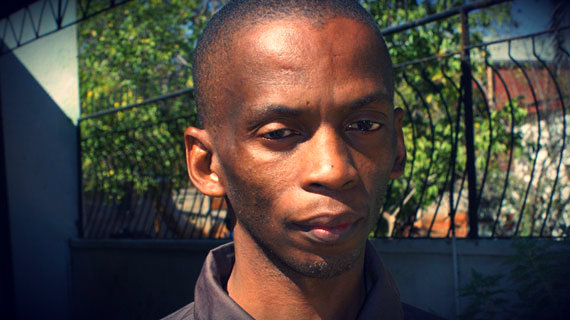
I regard myself as a proponent and advocate of democracy, but I strongly believe that we need to interrogate the very concept of democracy, its applicability and more importantly its evolution especially in African societies and specifically in Zimbabwe.
This is critical because modern democracy evolved from ancient Greek civilisation and metamorphosed over centuries in Europe in the form of parliamentary democracy and then the Americas through constitutional democracy.
Importantly not only did it metamorphose over centuries, but democracy is dependent on other key factors without which it becomes a faÇade or a political ritual carried out with religious fervour, but with disappointing returns or dividends.
Abraham Lincoln in his Gettysburg speech famously remarked that a “government of the people, by the people, from the people will not perish” and in some contexts this has been used as a definition of democracy – a government of the people, by the people, from the people.
The Americans still had to undergo almost a century of political evolution before civil rights could be granted to black people.
This was centuries after the Emancipation Proclamation which in effect supposedly ended slavery and the American Declaration of Independence which eloquently declared “we declare that all people are created equal”.
In spite of all these pronouncements and edicts America was not really democratised for centuries afterwards and it took the likes of Martin Luther King (Jr), Rosa Parks, the Black Panthers, Malcolm X and much later on reverend Jesse Jackson to challenge the system in order for democratisation to take place.
Typically democracy is epitomised by regular, free and fair elections, a free media, a good constitution and constitutionalism, respect for fundamental freedoms and citizen participation in decision-making.
- Chamisa under fire over US$120K donation
- Mavhunga puts DeMbare into Chibuku quarterfinals
- Pension funds bet on Cabora Bassa oilfields
- Councils defy govt fire tender directive
Keep Reading
I will not attempt to make a wholesale analysis of democracy in this instalment as this would require broader and deeper academic combat. However, I am deeply concerned at what we term electoral democracy for a number of reasons.
Assuming that an election is free and fair and nobody is beaten, threatened or killed, but totally useless people are elected, does this make the whole process successful?
In the first place do people have all the required information about the process, political parties and individuals they are voting for? I would like to argue that in the Zimbabwean context people’s choices are limited by lack of robust debate, a free press (more specifically the broadcast media).
At the level of political parties primary elections are dominated by internal and eternal rigging, characterised by bussing of voters, manipulation of the voters’ rolls, vote buying and candidate imposition.
There is very little debate on the quality of candidates and what they have to offer, but a lot depends on patronage networks within parties both ruling and opposing.
Quality candidates are thus sidelined at this level as the toughest “gangsters” are the ones that make it to the top and not necessarily the best brains or the best or most suitable.
Such candidates represent their parties in national elections and contest against other thugs from other parties and the result is all too familiar – opportunists, kleptocracts win elections and carry on with their trade in official public positions disappointingly to the shock of the electorate.
Elections in Africa especially in Zimbabwe, are not a contest of ideas but a contest of “fists” as even President Robert Mugabe admitted.
How do you explain that some of the best achieving Members of Parliament such as David Coltart were beaten in elections and the majority of those elected have distinguished themselves by their deafening silence?
There are quality people on either side of the political divide but unfortunately they have fallen victim to gangster politics or a politically-intoxicated environment which has little room for ideas and plenty of room for hot air and sloganeering.
Until such a time that we have free debate, free movement of people and ideas we will continue with this faÇade of elections where those with the capacity to outmuscle opponents are elected at the expense of quality leaders imbued with vision, courage, selflessness and innovation.
Electoral democracy should work well in a context where there is freedom of speech, freedom of association, a robust media, internal party democracy and above all an understanding that elections are contests of ideas not a platform for the clueless.
There are just too many followers that are leading and too many leaders that are following because of the emphasis on the primitive politics of patronage, hate and partisanship.
Quality leadership is not necessarily about academic qualifications, but craft competence, social enterprise, vision and a willingness to serve people rather than be served by them.
Mayibuye !
Dumisani Nkomo is an activist, social entrepreneur and chief executive officer of Habakkuk Trust. He writes in his personal capacity.










